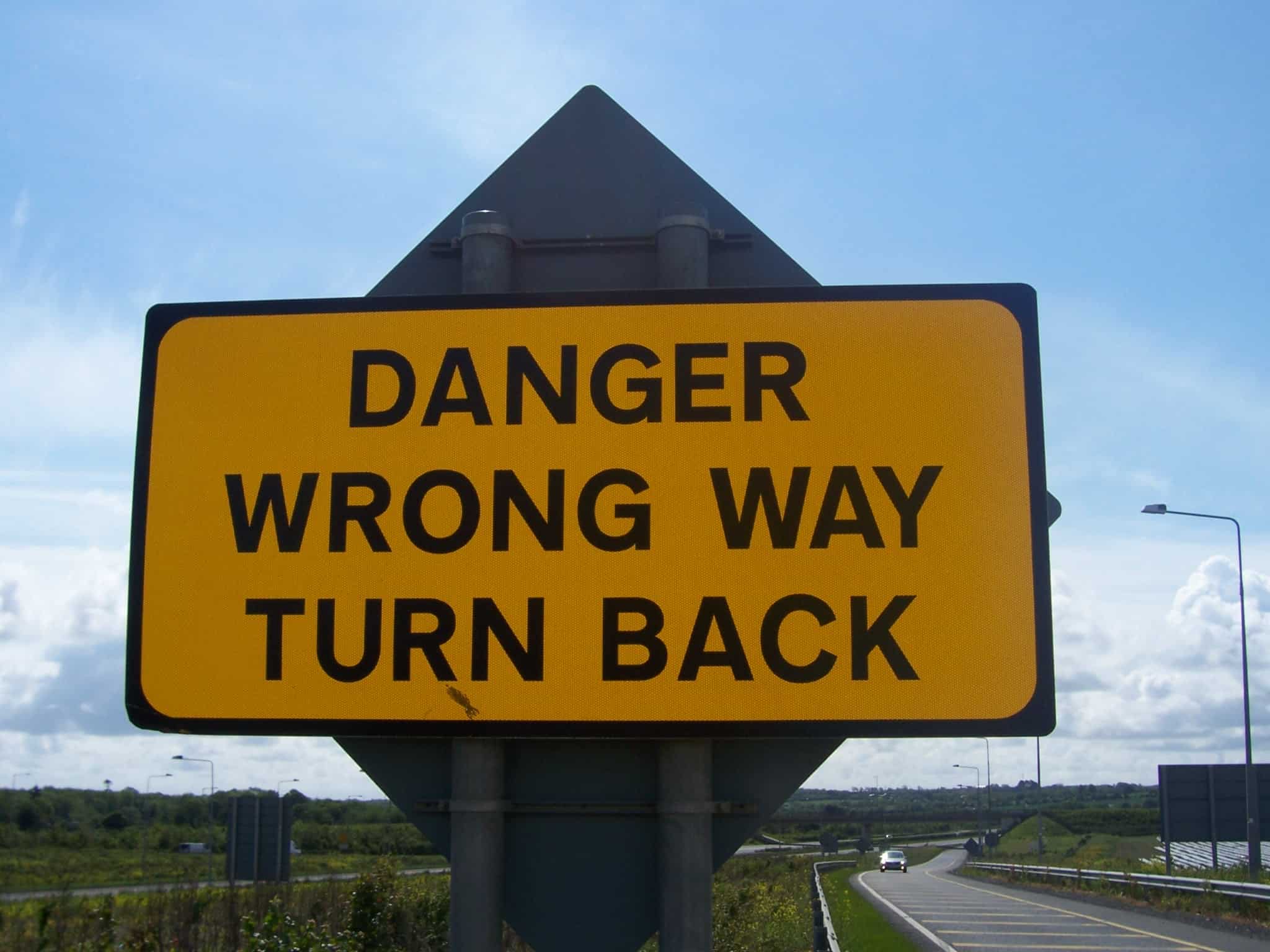Last week, we talked about the DOs of PPC advertising, but the DON’Ts are just as important to maximize the likelihood of success in the world of sponsored search.
DON’T . . . set it and forget it. A campaign that performs well one week can completely tank the next. Consumer behavior, market conditions, and the competitive landscape can have significant effects on your PPC performance. At the very least, check your click-through rates (CTR), cost-per-click (CPC), conversion rates, and cost-per-lead (CPA) weekly, even daily. If your key metrics are on the decline, or costs are on the rise, a few tweaks here and there can get things back on track.
DON’T . . . forget your brand name. It may seem silly to bid on your own company’s name. It’s number one in the organic results, right? It’s not uncommon, however, for competitors and lead generators to bid on your brand name, and you’re apt to lose clicks and even suffer damage to your brand integrity if you’re not up there in the sponsored results. Create a separate campaign for your company name and its variants. Per-click costs for branded campaigns are usually just pennies.
DON’T . . . rely on built-in tools alone. Google and Bing/Yahoo both offer some excellent tools for analyzing keywords, optimizing bids, and so on, but remember this: they’re making money – a lot of it – from your clicks, and it’s in their best interest to make those clicks as expensive as they can. This is not an indictment of Google, Bing, or Yahoo; it’s generally good business for them to set prices as high as the market can bear. It’s just not good business for you.
Consider third-party tools such as WordStream, Raven, or even enterprise-level platforms such as Marin to assist in your keyword and bidding strategies. When used correctly, these services all pay for themselves pretty quickly.
DON’T . . . bid on keywords you can’t afford. You have to be honest with yourself about what makes sense for you fiscally. Bidding on the keyword “insurance” if you’re a local insurance agency is going to break the bank – you’ll be bidding against the 800-pound gorillas with huge budgets. Embrace the “long-tail” – specific, targeted keyword phrases that might not bring in hundreds of clicks, but a dozen quality clicks that convert and are cost effective is certainly better than throwing money down the drain.
Finally, DON’T GIVE UP. Sponsored search advertising is an evolving process that requires constant optimization, patience, and good sense. The good news is that, like most digital advertising, sponsored search gives you the rare opportunity to fail fast, learn from your mistakes at relatively low cost, and live to bid another day.

